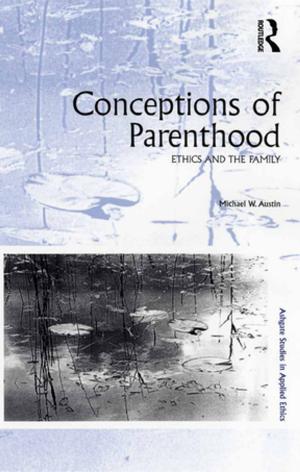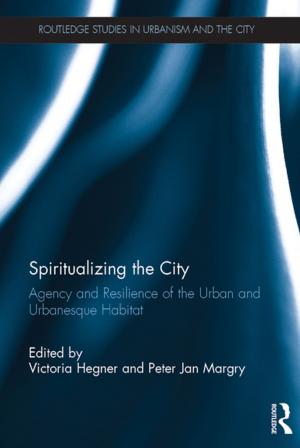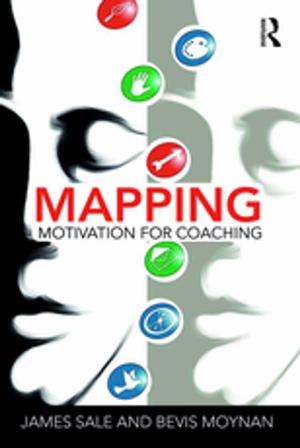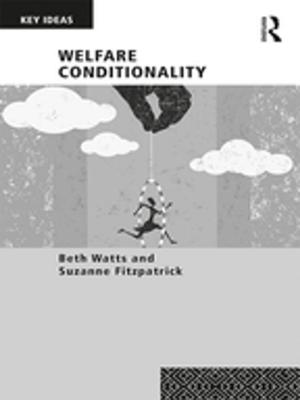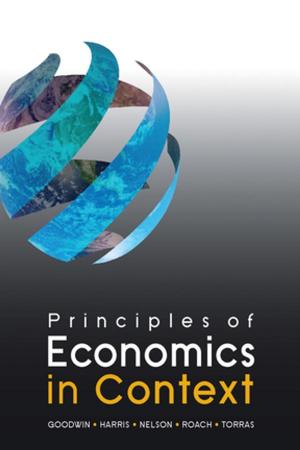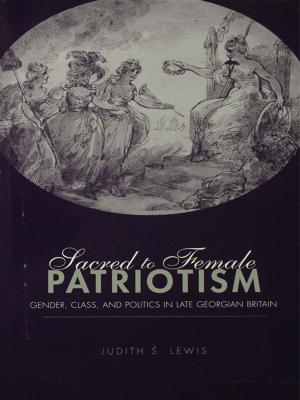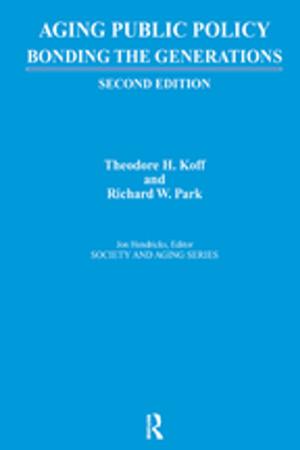Urban Planning’s Philosophical Entanglements
The Rugged, Dialectical Path from Knowledge to Action
Nonfiction, Art & Architecture, Architecture, Planning| Author: | Richard S Bolan | ISBN: | 9781315309194 |
| Publisher: | Taylor and Francis | Publication: | April 21, 2017 |
| Imprint: | Routledge | Language: | English |
| Author: | Richard S Bolan |
| ISBN: | 9781315309194 |
| Publisher: | Taylor and Francis |
| Publication: | April 21, 2017 |
| Imprint: | Routledge |
| Language: | English |
Urban Planning’s Philosophical Entanglements explores the long-held idea that urban planning is the link in moving from knowledge to action. Observing that the knowledge domain of the planning profession is constantly expanding, the approach is a deep philosophical analysis of what is the quality and character of understanding that urban planners need for expert engagement in urban planning episodes. This book philosophically analyses the problems in understanding the nature of action — both individual and social action. Included in the analysis are the philosophical concerns regarding space/place and the institution of private property. The final chapter extensively explores the linkage between knowledge and action. This emerges as the process of design in seeking better urban communities — design processes that go beyond buildings, tools, or fashions but are focused on bettering human urban relationships.
Urban Planning’s Philosophical Entanglements provides rich analysis and understanding of the theory and history of planning and what it means for planning practitioners on the ground.
Urban Planning’s Philosophical Entanglements explores the long-held idea that urban planning is the link in moving from knowledge to action. Observing that the knowledge domain of the planning profession is constantly expanding, the approach is a deep philosophical analysis of what is the quality and character of understanding that urban planners need for expert engagement in urban planning episodes. This book philosophically analyses the problems in understanding the nature of action — both individual and social action. Included in the analysis are the philosophical concerns regarding space/place and the institution of private property. The final chapter extensively explores the linkage between knowledge and action. This emerges as the process of design in seeking better urban communities — design processes that go beyond buildings, tools, or fashions but are focused on bettering human urban relationships.
Urban Planning’s Philosophical Entanglements provides rich analysis and understanding of the theory and history of planning and what it means for planning practitioners on the ground.


